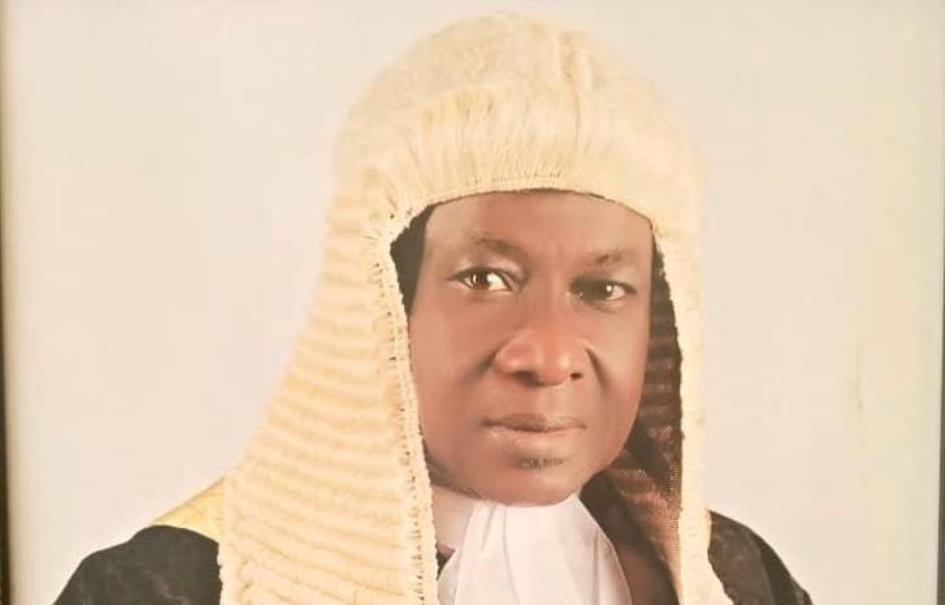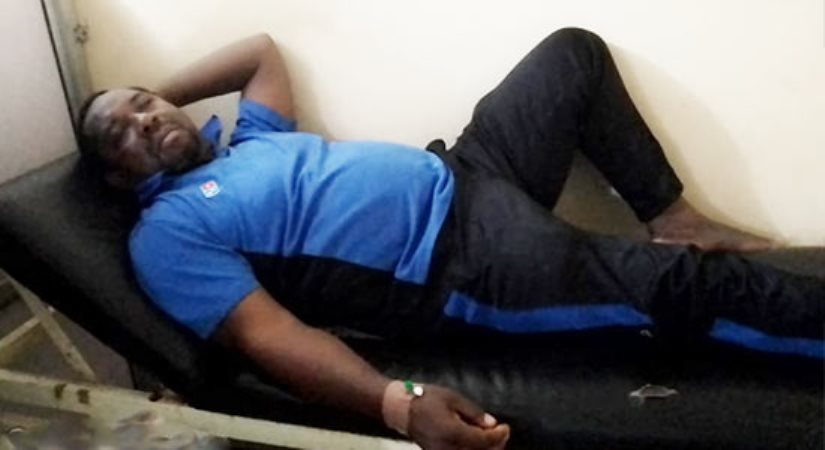The Chairman of Council of Legal Education (CLE), Chief Emeka Ngige, SAN recently celebrated his 60th birthday anniversary. Organised by his Committee of Friends led by Mr. Chijioke Okoli SAN, he used the occasion to launch his pet project, the “Nigerian Law School Support Initiative” aimed to revamp the decaying infrastructure at the Nigerian Law...
Month: July 2021
E-RESULTS: ‘LAW MAKERS AS LAW BREAKERS,’ BY UBANI
In this article, DR. MONDAY UBANI, Chairman of the Nigerian Bar Association Section on Public Interest and Development Law (NBA-SPIDEL) reviews ongoing efforts by the National Assembly to amend the Electoral Act and accuses the lawmakers of “legislative rascality” The furore in the national assembly over the recent amendment of the electoral bill has not...
ABUJA BASED SENIOR ADVOCATE DIES
An Abuja based senior lawyer, Mr. Johnnie Egwuonwu SAN is dead. Announcing his passing, factional Publicity Secretary of the Nigerian Bar Association (NBA), Abuja Branch, Mr. Ikemefuna Onyeka said: “NBA Abuja Branch regrets to announce the demise of her esteemed member J. N. Egwuonwu, SAN who passed on Friday 16th July, 2021 after a brief...
N1.4BN FRAUD CHARGE: COURTS ACQUITS USORO
A Federal High Court sitting in Lagos State has discharged and acquitted the immediate past President of the Nigerian Bar Association (NBA), Mr. Paul Usoro SAN. Usoro had been standing trial on 10 counts of fraud and money laundering made against him by the Economic and Financial Crimes Commission (EFCC). He had pleaded not guilty...
ODINKALU APPOINTED PROFESSOR BY TOP US VARSITY
Vocal human rights activist, Professor Chidi Odinkalu has been appointed a ‘Professor of Practice’ by one of America’s elite universities, Tufts University. In a press release dated July 14, 2021 the leading university stated that Odinkalu, a former Chairman of Nigeria’s National Human Rights Commission (NHRC), “will join Fletcher’s multi-disciplinary faculty focused on preparing tomorrow’s...
‘WHY I SUPPORT CLAMOUR FOR RESTRUCTURING,’ BY GADZAMA
Leading lawyer, Chief Joe-Kyari Gadzama SAN has posited that though there is no consensus on the particular areas to be restructured within the Nigerian polity, “there seems to be a general agreement that the Nigeria structure of governance should be reviewed, and at its epicenter, the CFRN.” Speaking last Monday at the 2021 Law of...
MAKURDI ASSAULT: EFCC CHAIR SHUNS PARLEY, NBA MAY SUE
GBAGIR BRIEFS AKPATA NBA MAY SUE EFCC The Chairman of Economic and Financial Crimes Commission, Mr. Abdulrasheed Bawa has boycotted a meeting initiated by the commission to resolve the furore over alleged assault on Nigerian Bar Association (NBA), Makurdi Branch Chairman, Mr. Justin Gbagir. In an “update” on the assault made available to CITY LAWYER...







